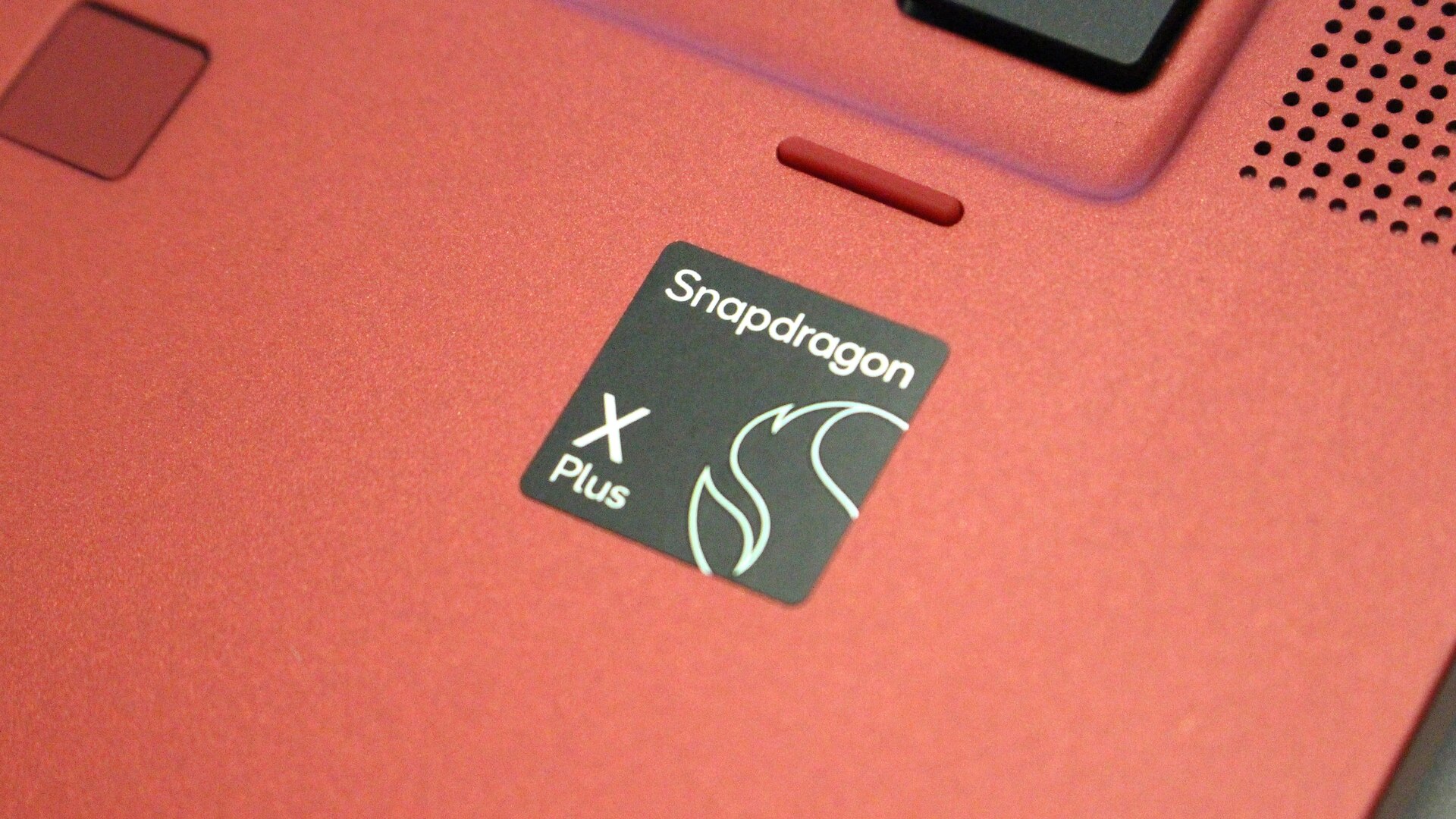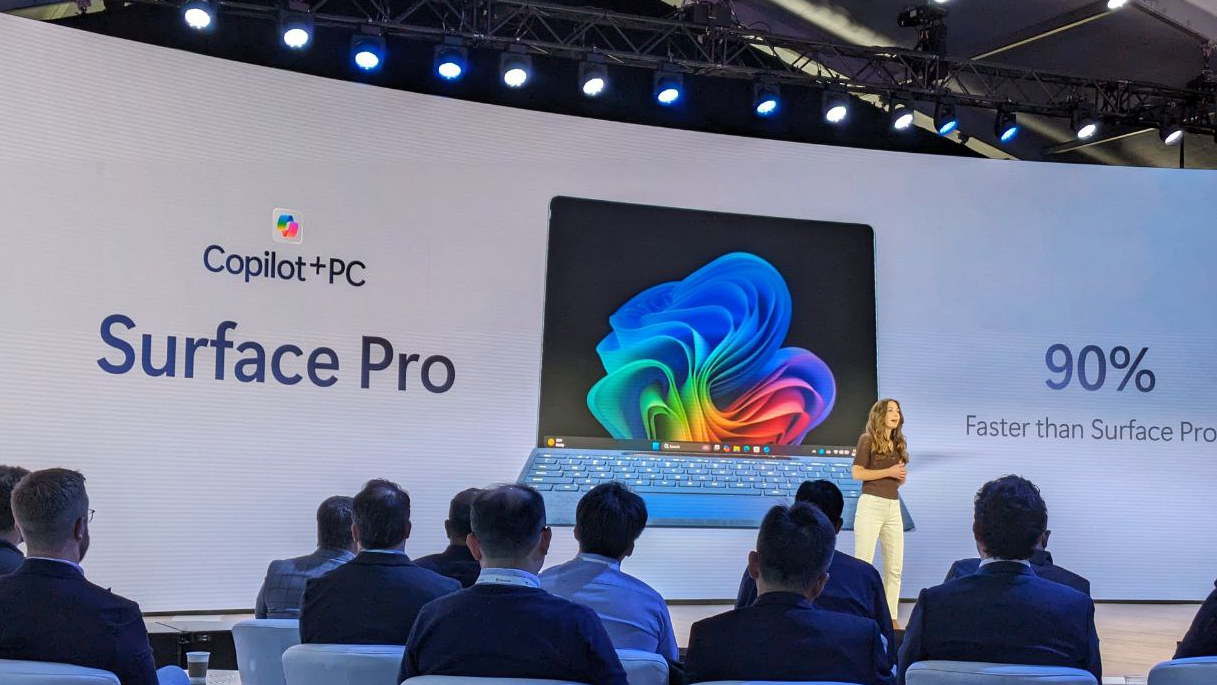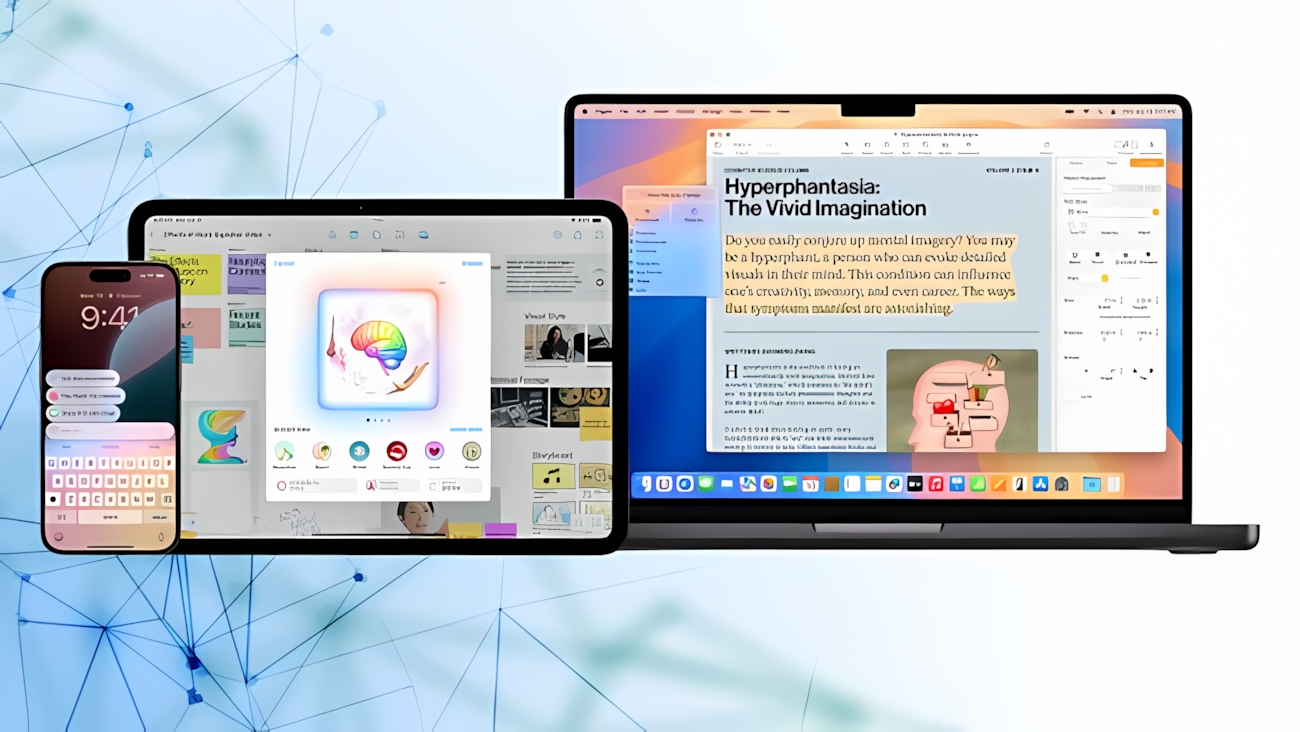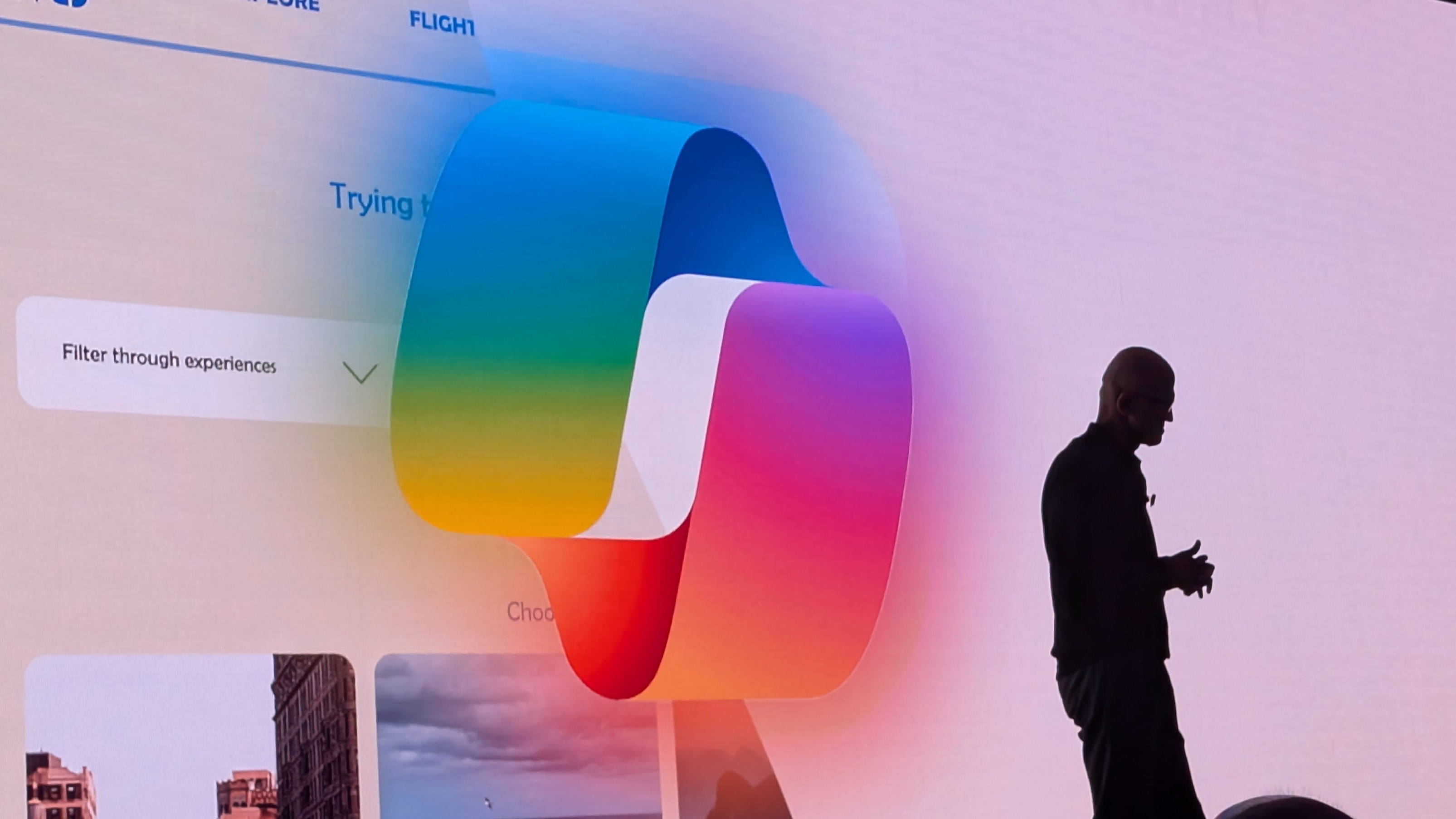When Microsoft first unveiled Copilot+ PCs back in May, I was excited. The company was positioning this new wave of hardware as a real competitor to the Mac, which has been wiping the floor with Windows ultrabooks ever since the launch of Apple Silicon in 2020. Apple was ahead of the game, but that wouldn’t be the case much longer as Microsoft and its partners were finally ready to tackle the competition head-on.
Unfortunately, it’s clear now that the launch hasn’t gone the way Microsoft or its partners would have liked. The announcement event was almost immediately overshadowed by Copilot+ PCs headlining AI feature, Windows Recall, after it was discovered that the feature was woefully insecure. Microsoft was forced to rip Recall out of Copilot+ PCs at the very last second.
It’s been a rough ride since then, and it’s clear neither Microsoft nor its partners are happy with the way things have turned out. Windows Recall’s delay left this new wave of PCs with no stand-out feature, and to this day, we’re still waiting for Copilot+ PCs to gain features that warrant their name. Now, Apple Intelligence has launched on Mac, beating Windows to the punch in the AI space.
Microsoft did everything it could to be first, but ultimately tripped at the finish line and upset everyone in the process. Qualcomm, Intel, and AMD can’t be happy with how things have played out, end-users are left waiting to see why Copilot+ PCs are even branded as such, all while Apple quietly oversteps everyone in the background with excellent new silicon and AI experiences.
Qualcomm’s exclusivity window?
Whether there was a formal deal here or not is anyone’s guess, but it’s clear Qualcomm was supposed to enjoy a window of exclusivity around Copilot+ PC features at launch. It was the only silicon partner to have any time on stage during the launch event, and Snapdragon X exclusively powered the initial wave of Copilot+ PC hardware.
However, when Windows Recall was delayed, Copilot+ PCs lost their headlining AI feature, and so this initial wave of hardware was left with nothing to really show for it. The first wave of hardware was sold on performance and efficiency improvements alone, which were a big step up over previous PC chips, but Intel and AMD have quickly caught up.
That’s not to say Copilot+ PCs shipped with no AI features at all, because they did. However, the lineup of next-gen AI experiences at launch was pitiful. We had on-device image generation in the Photos and Paint apps, a couple of new filters in Windows Studio Effects, and live audio translation. None of these experiences have set the world on fire, and I even said in my first Copilot+ PC review that the available features were disappointing.
Intel and AMD began shipping their Copilot+ capable chips in August, just over a month after Snapdragon X began shipping. However, curiously, Microsoft has kept Intel and AMD from enjoying any Copilot+ experiences. Even the less exciting ones, like Windows Studio Effects or Cocreator in Paint are still exclusive to Snapdragon PCs, even though compatible hardware powered by Intel and AMD chips can be purchased right now.
I know for a fact that all of the Copilot+ features are available on all architectures internally at Microsoft.
This has frustrated me because I’m currently typing this on a Copilot+ PC that has no Copilot+ features because Microsoft won’t release them for Intel and AMD machines. I’m using AMD’s latest Ryzen AI 9 370 processor with an NPU that can output 50 TOPS, 10 TOPS more than the Snapdragon X Elite, yet I’m not allowed to use any Copilot+ features currently.
This is what leads me to believe that there’s some kind of exclusivity window going on here with Qualcomm, because I know for a fact that all of the Copilot+ features are available on all architectures internally at Microsoft. The company has just refused to release the bits. This made sense when Snapdragon X was the only chip on the market that could run these features, but that’s not the case anymore.
I can only imagine that this has frustrated Intel and AMD, who wasted no time getting their Copilot+ capable chips out the door. Microsoft was still trying to pedal this exclusivity window a month ago, when it announced that Recall would finally go into preview in October, but only for Snapdragon X laptops. Everything else would have to wait until November.
Now, Windows Recall has been delayed AGAIN, meaning we won’t be getting that initial preview until later in November or even December. Does that mean Intel and AMD Copilot+ PCs have to wait until 2025 before they can try out the big next-gen AI experiences designed to sell these Copilot boxes? Who even knows, because Microsoft hasn’t said.
Intel and AMD have said Copilot+ features will begin rolling out in November, so we’ll have to wait and see if Microsoft sticks to that schedule. But it’s fair to say if you’ve been on this Copilot+ journey with an Intel or AMD machine, you’ve been royally shafted so far.
🎃The best early Black Friday deals🦃
Windows Recall debacle and delays
I think the biggest problem with this launch has been Windows Recall. It was immediately targeted by critics for being a privacy nightmare, unfairly in my opinion, at least at first. Microsoft had promised the feature was secure, but it was quickly discovered to be anything but.
Turns out, the Recall service was storing all the data it collects in an unencrypted state, in a local directory that wasn’t difficult to break into. This snowballed into a major PR disaster, not helped by Microsoft going radio silent on the matter as soon as the issues were discovered.
Microsoft eventually came out and said it would address these concerns before Copilot+ PCs launched on June 18. However, just a week before that launch date, Microsoft pulled Windows Recall from Copilot+ PCs entirely and said it was going to take longer than expected to address these issues.
This caused a lot of issues for the launch itself, as it meant the first wave of Copilot+ PC hardware couldn’t be reviewed right away. Microsoft kept OEMs from shipping review units UNTIL launch day, which means reviewers could only begin working on reviewing the new Snapdragon X chips and the laptops rocking them from June 18 onwards.
As you can imagine, Qualcomm and OEMs were not happy about this. It meant instead of a big bang media moment at embargo time, reviews would trickle out over the weeks following. As a side effect of this, it wasn’t immediately clear if Snapdragon X was living up to expectations, as some laptops performed better than others with the same chip.
The Recall debacle itself also did a lot to damage the reputation of Copilot+ PCs. It wasn’t uncommon to find people online saying they’ll never buy a Copilot+ PC because of Windows Recall, which had broken down trust between users and Microsoft. It didn’t help that initially, Recall was an opt-out experience, with no way to turn it off during the out-of-box setup experience. The backlash forced Microsoft to change this.
After Recall was delayed, Microsoft went silent on the feature. It didn’t talk about Recall again until September, when it came back and detailed how it has improved Recall’s security. It seemed Microsoft was finally ready to get Recall out the door, proudly announcing that the first public preview would go live in October.
October came and went, and Microsoft said and released nothing. Only on October 31 did Microsoft issue an update, announcing that actually Recall still wasn’t ready and that a preview wouldn’t land until December. I can’t help but feel like Microsoft was only pushing to get Recall out in October to beat Apple Intelligence, only to realize that Recall still needs more time in the oven.
It’s just a big mess, and it means Copilot+ PCs still have nothing to show for themselves in regard to AI experiences. And now, Apple Intelligence is shipping, beating Microsoft to the punch.
The Mac oversteps Copilot+ PCs
This week, Apple announced new Macs with M4 chips, and they’re pretty great. They finally caught up to Copilot+ PCs in setting 16GB RAM and 256GB storage as a baseline. They’re also a major step up in performance and efficiency, once again placing Apple ahead of the competition.
This was always expected to happen, however, so I’m not surprised Apple is in the lead again. What has surprised me is that Apple Intelligence is launching ahead of any real Copilot+ PC features. Between Microsoft announcing Copilot+ PCs and today, Apple announced Apple Intelligence, then announced new hardware that would run Apple Intelligence, and has now shipped the first round of Apple Intelligence features on that new hardware. Meanwhile, Copilot+ PCs are still waiting for their first big AI feature to land.
What’s funny is Microsoft has already announced a second wave of AI features for Copilot+ PCs, which includes a new AI overlay called Click To Do (terrible name) and AI-powered Windows Search. These are potentially exciting new features, but they haven’t launched yet. Microsoft has made a habit of announcing features ahead of the competition but delivering them last.
Given that Recall won’t be dropping in preview for another month, it’s likely none of Microsoft’s big AI features for Copilot+ PCs will ship outside of Microsoft’s Insider testing program until 2025. That, ultimately, is the real blow here. Copilot+ PCs were supposed to be a first look into next-gen AI experiences on a desktop OS, but we won’t actually see that happen until next year. 2024 is no longer the year of the AI PC.
Lessons to be learned
I think everyone involved has learned something from the launch of Copilot+ PCs. Microsoft has learned not to build privacy-related features behind closed doors without first conducting public testing. Qualcomm and OEMs have learned not to trust Microsoft to get features out the door when it says it will. Intel and AMD have learned that Microsoft will sideline them if something better comes along.
Ultimately, the launch of Copilot+ PCs hasn’t been smooth. I’d even go so far as to say it’s been a bit of a disaster for everyone involved. However, there are morsels of hope here. Copilot+ PCs so far have been great from a performance and efficiency standpoint. This year, we finally saw Qualcomm, Intel, and AMD ship their response to Apple Silicon, and these new chips are very good.
Apple Silicon is now ahead again, but that will only be the case until PC chip makers release their next-gen chips in 2025. The cycle rinses and repeats, and obviously, competition is good.
On the Windows side, Microsoft is working on some great AI experiences, but it’s just struggling to release them in a timely manner. Recall, Click To Do, and AI in Search are all great ideas that will differentiate Copilot+ PCs, it’s just taking longer than expected to ship them.
2025 will be a great year for everyone who purchased a Copilot+ PC in 2024, whether that be one powered by Qualcomm, Intel, or AMD chips.









